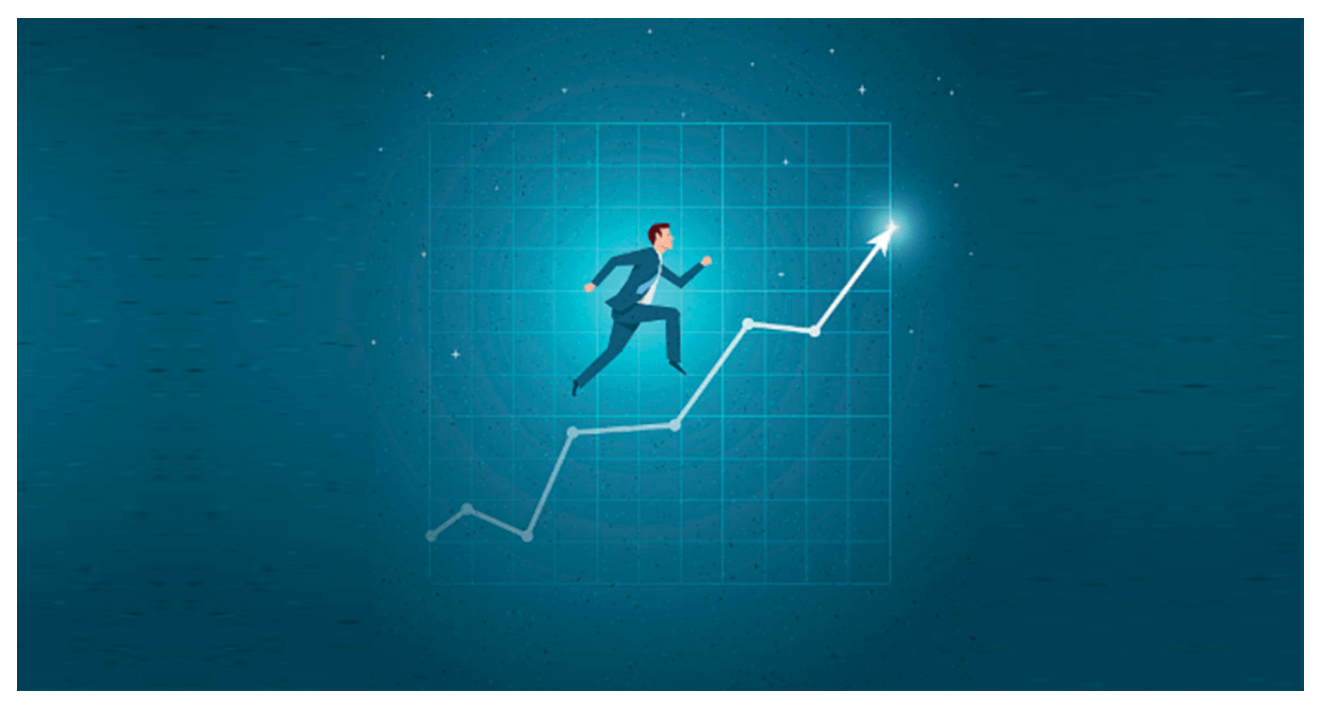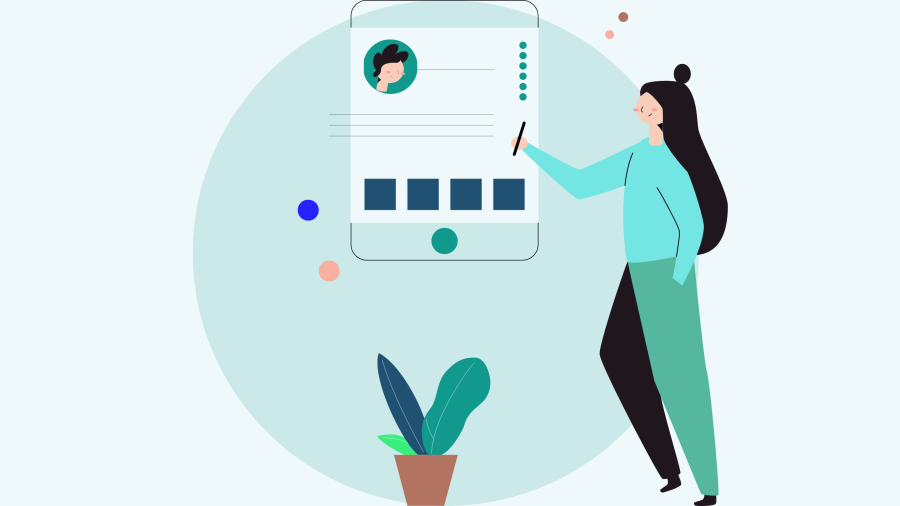The Path to Personal Development: Unleashing Your Potential

Every individual possesses unique abilities and talents, but without consistent growth and development, these gifts may go unnoticed and unutilized. Striving for self-improvement is pivotal for success in all areas of life and fosters personal growth and happiness. Enrolling in a personality development course can aid in this journey. Personal development is a process of quantitative and qualitative changes influenced by external and internal factors, leading to the transformation of personality traits and the emergence of new properties.
The Essence of Personal Development
Personal development is concerned with how a person interacts with the world, learns, adapts to new situations, and alters behavior and thinking according to changing conditions. The aim is to help individuals become more self-confident, develop their abilities and potential, effectively interact with others, and achieve a higher level of satisfaction and happiness in life.
Factors Influencing Personal Development
Personal development is influenced by various factors, including:
– Family: The foundational values and support system established in childhood shape one’s early development and continue to influence personal growth throughout life.
– Educational Environment: Academic experiences, from early schooling to higher education, provide knowledge, critical thinking skills, and opportunities for personal growth.
– Cultural and Social Characteristics: Societal norms, traditions, and cultural backgrounds influence one’s values, behavior, and approach to life.
– Psychological Factors: Mental health, emotional intelligence, and personal resilience play significant roles in one’s ability to cope with challenges and pursue growth.
– Life Events: Significant experiences, such as major life changes, successes, failures, and traumatic events, can catalyze personal growth and transformation.
Objectives of Personal Development
Personal development serves several key purposes:
– Personal Satisfaction: Continuous self-improvement fosters a positive self-image, increased confidence in one’s abilities, and a sense of accomplishment.
– Skill Enhancement and Goal Achievement: It enables setting specific goals and progressing towards them systematically, whether in personal life, career, or hobbies.
– Readiness for Change: Self-development increases adaptability, making it easier to navigate and thrive in a rapidly changing world.
– Mental Health and Social Connections: Developing social skills and emotional intelligence strengthens relationships in various aspects of life, from family and friendships to professional networks.
– Contributing to Society: Individuals who strive for self-improvement can inspire others and leave a positive legacy, influencing future generations through their actions and achievements.
Practical Aspects of Personal Development
Personal development can be linked to practical tasks such as:
– Changing Jobs or Career Paths: Pursuing new opportunities that align with one’s interests and strengths.
– Accelerating Career Growth: Developing skills and knowledge to advance professionally and achieve career aspirations.
– Achieving Higher Income Levels: Increasing earning potential through skill development, education, and strategic career moves.
– Ending Unhealthy Relationships: Recognizing and distancing oneself from toxic relationships to foster healthier connections.
– Reducing Anxiety or Constant Stress: Implementing strategies to manage stress and enhance mental well-being.
– Modifying Eating Behaviors: Adopting healthier eating habits to improve overall health and energy levels.
– Eliminating Bad Habits: Breaking free from detrimental behaviors to enhance quality of life.
– Overcoming Destructive Character Traits: Identifying and addressing negative traits to cultivate a more positive and productive demeanor.

Pathways to Personal Development
While personal development can be a solitary journey, seeking professional guidance through courses can significantly enhance the process. Personal development courses are designed to build self-confidence, improve time management, increase self-esteem, and develop leadership skills.
Topics Covered in Personal Development Courses
These courses may cover a variety of topics, including:
– Emotional Intelligence: Training in recognizing and managing one’s own and others’ emotions, handling burnout, self-management, and stress management.
– Communication Skills: Developing a personal communication style, defending a position, finding common ground in a team, business correspondence, and understanding communication norms across cultures.
– Stress Management: Preventing emotional burnout, managing internal resources, and building resilience to stress.
– Team Management: Effective team leadership, goal setting, employee motivation, process adaptation to business objectives, and conflict resolution.
Benefits of Personal Development Courses
The benefits of enrolling in personal development courses include:
– Self-Analysis Skills: Enhancing self-awareness to understand strengths, weaknesses, and the root causes of failures.
– Unlocking Potential: Discovering untapped abilities and gaining the confidence to pursue ambitious goals.
– Addressing Fears and Traumas: Overcoming fears, childhood traumas, and guilt to build self-confidence and achieve success.
– Changing Thinking Patterns: Adopting new perspectives to approach situations differently and more effectively.
– Energy and Motivation: Gaining practical knowledge and applying it to transform one’s life.
Choosing the Right Course
Selecting a course that aligns with individual goals and needs is crucial. Ensure the trainer is qualified and the curriculum is tailored to address specific areas requiring development.

The Importance of Setting Goals in Personal Development
Setting clear, achievable goals is a fundamental aspect of personal development. Goals provide direction, motivation, and a measurable way to track progress. There are several key principles to consider when setting goals:
- Specificity: Clearly define what you want to achieve. Vague goals are difficult to pursue and measure.
- Measurability: Establish criteria for measuring progress and success. This could be quantitative (e.g., lose 10 pounds) or qualitative (e.g., feel more confident in public speaking).
- Achievability: Set realistic goals that are within your capacity to achieve, considering your resources and constraints.
- Relevance: Ensure your goals are aligned with your broader personal and professional aspirations.
- Time-Bound: Assign deadlines to your goals to create a sense of urgency and focus.
Steps to Achieve Personal Development Goals
- Self-Assessment: Evaluate your strengths, weaknesses, opportunities, and threats (SWOT analysis). Understand your current situation and identify areas for improvement.
- Goal Setting: Based on your self-assessment, set specific, measurable, achievable, relevant, and time-bound (SMART) goals.
- Action Plan: Develop a detailed plan outlining the steps needed to achieve your goals. Include resources, timelines, and milestones.
- Implementation: Put your plan into action. Stay committed and make adjustments as needed to stay on track.
- Review and Reflect: Regularly review your progress and reflect on what’s working and what’s not. Adjust your goals and strategies accordingly.

The Role of Mentorship and Coaching in Personal Development
Mentorship and coaching are powerful tools for personal development. They provide guidance, support, and accountability. Mentors and coaches can help you navigate challenges, offer insights based on their experiences, and keep you focused on your goals.
Finding a Mentor or Coach
Identify Your Needs
Determine what areas you need help with and what qualities you seek in a mentor or coach.
Research and Network
Look for individuals with the expertise and experience relevant to your goals. Attend networking events, join professional groups, and use online platforms.
Establish Relationships
Approach potential mentors or coaches with a clear explanation of why you seek their guidance and how you believe they can help you.
Commit to the Process
Be open to feedback, actively participate in sessions, and apply the advice and strategies provided.
The Impact of Lifelong Learning on Personal Development
Lifelong learning is essential for continuous personal development. It involves actively seeking new knowledge, skills, and experiences throughout your life. The benefits of lifelong learning include:
- Adaptability: Staying updated with new trends, technologies, and information helps you adapt to changes in your personal and professional life.
- Intellectual Growth: Learning new things stimulates your mind and keeps it active, which can improve cognitive functions and prevent mental decline.
- Career Advancement: Acquiring new skills and knowledge can enhance your job performance, open up new career opportunities, and increase your earning potential.
- Personal Fulfillment: Learning for personal interest and pleasure enriches your life, broadens your horizons, and adds depth to your experiences.
Strategies for Lifelong Learning
- Formal Education: Enroll in courses, workshops, or degree programs that align with your interests and career goals.
- Self-Directed Learning: Use online resources, such as webinars, tutorials, and educational platforms, to learn at your own pace.
- Reading: Read books, articles, and journals related to your field or areas of interest.
- Networking: Engage with professionals and peers to exchange knowledge and learn from their experiences.
- Practice and Application: Apply what you learn in real-world situations to reinforce your knowledge and skills.
The Psychological Aspects of Personal Development
Personal development is not just about acquiring new skills or knowledge; it also involves psychological growth. This includes developing a growth mindset, enhancing emotional intelligence, and building resilience.
Growth Mindset
A growth mindset, as defined by psychologist Carol Dweck, is the belief that abilities and intelligence can be developed through dedication and hard work. People with a growth mindset:
- Embrace challenges and view them as opportunities for growth.
- Learn from criticism and feedback.
- Persist in the face of setbacks.
- See effort as a path to mastery
Enhancing Emotional Intelligence
Emotional intelligence (EI) is the ability to recognize, understand, and manage your own emotions and the emotions of others. High EI contributes to better relationships, decision-making, and mental health. To enhance EI:
- Self-Awareness: Be mindful of your emotions and how they affect your behavior.
- Self-Regulation: Develop strategies to manage your emotions, especially in stressful situations.
- Empathy: Practice understanding and considering the emotions of others.
- Social Skills: Improve your communication and relationship-building skills.
Building Resilience
Resilience is the ability to bounce back from adversity and remain strong in the face of challenges. Building resilience involves:
- Developing a Positive Outlook: Focus on the positive aspects of situations and maintain a hopeful attitude.
- Cultivating Support Networks: Build strong relationships with friends, family, and colleagues who provide emotional support.
- Practicing Self-Care: Prioritize physical, emotional, and mental well-being through healthy habits.
- Learning from Experiences: Reflect on past challenges and identify lessons learned to apply in future situations.
Conclusion
Personal development is a lifelong journey that empowers individuals to unlock their potential, achieve personal satisfaction, and contribute positively to society. By embracing self-improvement and seeking professional guidance, one can transform their life, achieve their goals, and inspire others along the way. The choice lies in whether to continually grow and evolve or to drift passively through life without developing one’s capabilities. The pursuit of personal development is not only essential but also a fulfilling endeavor that enriches one’s life with new and meaningful values.
Engaging in personal development requires a commitment to growth, a willingness to learn, and the courage to face and overcome challenges. Whether through formal education, self-directed learning, mentorship, or personal reflection, the journey of personal development is unique to each individual and offers endless possibilities for transformation and fulfillment.


